Events
Shalini Vig & Varun Bahl hosted the 15th edition of the Festival of Hope, at the Grand Hyatt, Gurgaon, Haryana.

The crème de la crème of Delhi. NCR was treated to an evening soiree that included all the elements of an unforgettable indulgence – Couture, Fashion, Glamour and charity.
Showstopper Bollywood actress Sanjana Sanghi walked the ramp for the noble cause. Jewellery Designer Archana Aggarwal contributed the jewelry for the show.
Events
IPL Auction 2026: Big Names, Bigger Stakes as 369 Players Enter the Spotlight

The Indian Premier League 2026 mini auction is set to ignite excitement as franchises prepare for a high-stakes bidding war in Abu Dhabi. Scheduled to begin at 2:30 PM IST, the auction will see 369 players enter the pool, with 77 slots available across the league’s ten teams. With team strategies, purse sizes, and marquee players in focus, the stage is set for one of the most intriguing auctions in recent IPL history.
Cameron Green Headlines the Auction Buzz
Australian all-rounder Cameron Green leads the list of high-demand players, expected to attract significant bids. His all-around skills make him a franchise favourite, and observers watch to see if he sparks record competition.
Currently, the IPL’s highest-ever bid belongs to Rishabh Pant, who was snapped up for ₹27 crore by the Lucknow Super Giants during last year’s mega auction. Whether that benchmark will be challenged remains one of the auction’s biggest talking points.
Kolkata Knight Riders Hold the Strongest Hand
Three-time champions Kolkata Knight Riders (KKR) walk into the auction with the deepest pockets, boasting a purse of ₹64.30 crore and room to add 13 players to their roster. With six overseas slots still open, KKR are expected to make aggressive moves, particularly for Cameron Green and Sri Lankan pace sensation Matheesha Pathirana.
The franchise, owned by Shah Rukh Khan, appears keen on strengthening both its pace attack and middle-order firepower as it eyes another title run.
Chennai Super Kings Plot a Comeback
For Chennai Super Kings (CSK), the auction carries added significance. After finishing last in the points table for the first time in IPL history during the 2025 season, the five-time champions are looking to rebuild. With a purse of ₹43.40 crore and nine slots to fill, CSK are expected to focus on balance and long-term planning.
Reacquiring Pathirana is believed to be high on their priority list, while the franchise is also scouting for a potential successor to veteran all-rounder Ravindra Jadeja, signaling a gradual transition phase for the team.
Mid-Table Teams Ready to Strike
Several franchises enter the auction with healthy budgets and clear objectives. Sunrisers Hyderabad, Delhi Capitals, and Lucknow Super Giants all have more than ₹20 crore at their disposal, giving them flexibility to pursue both marquee players and emerging talent.
In contrast, the Mumbai Indians, despite being five-time champions, face significant constraints with a modest purse of just ₹2.75 crore. Their strategy is expected to revolve around value picks, uncapped players, and tactical bargains rather than headline purchases.
A Defining Day for IPL 2026
As the hammer rises in Abu Dhabi, the IPL 2026 auction promises drama, surprises, and strategic masterstrokes. Beyond the big bids, this auction will shape team identities, influence playing XIs, and potentially redefine the balance of power for the upcoming season.
One thing is certain — when franchises chase glory, every bid tells a story.
Events
DPS International Gurgaon Hosts Royal Christmas Carnival for Aliya Charitable Trust
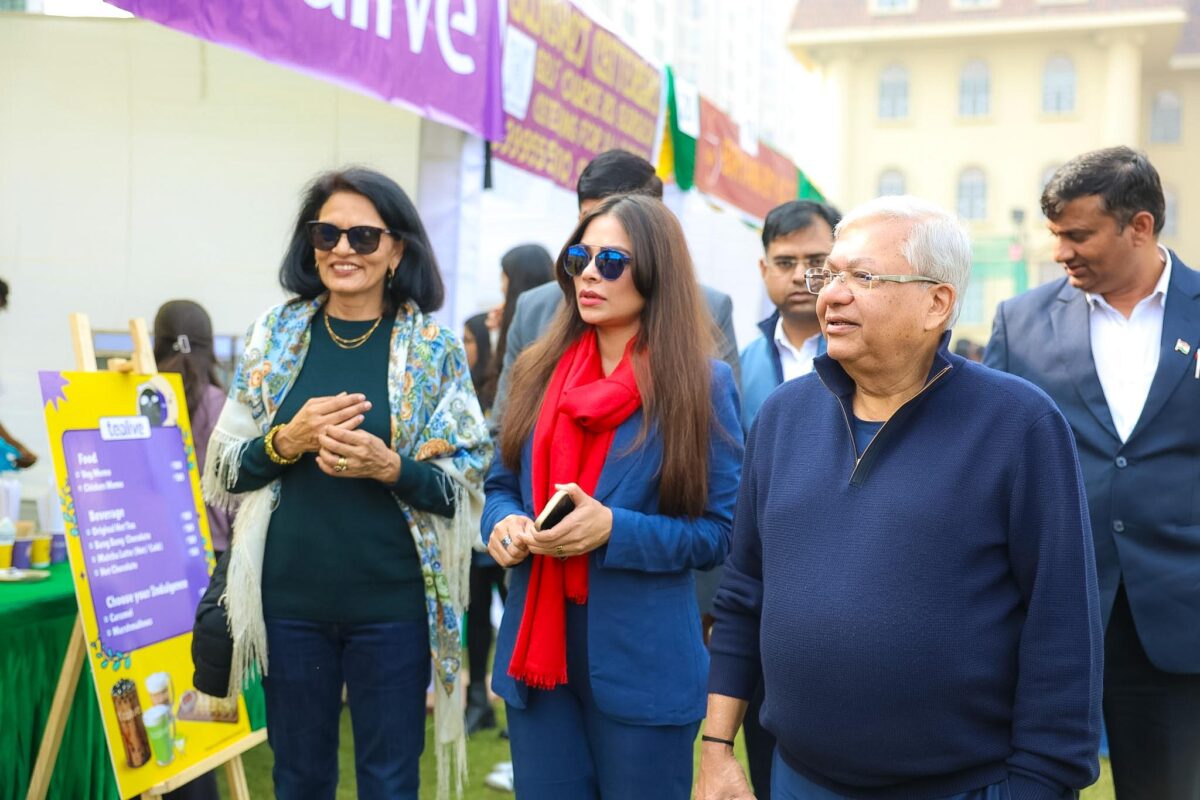
Gurgaon, India, December 15, 2025: DPS International, Gurgaon, an IB continuum school, opened its campus for the lively “Royal Christmas” carnival to support Aliya Charitable Trust, a non-denominational nonprofit that provides critical medical aid and educational support to underprivileged children. Led by students, the event aimed to turn the school’s values of empathy and international-mindedness into concrete help for those in need.
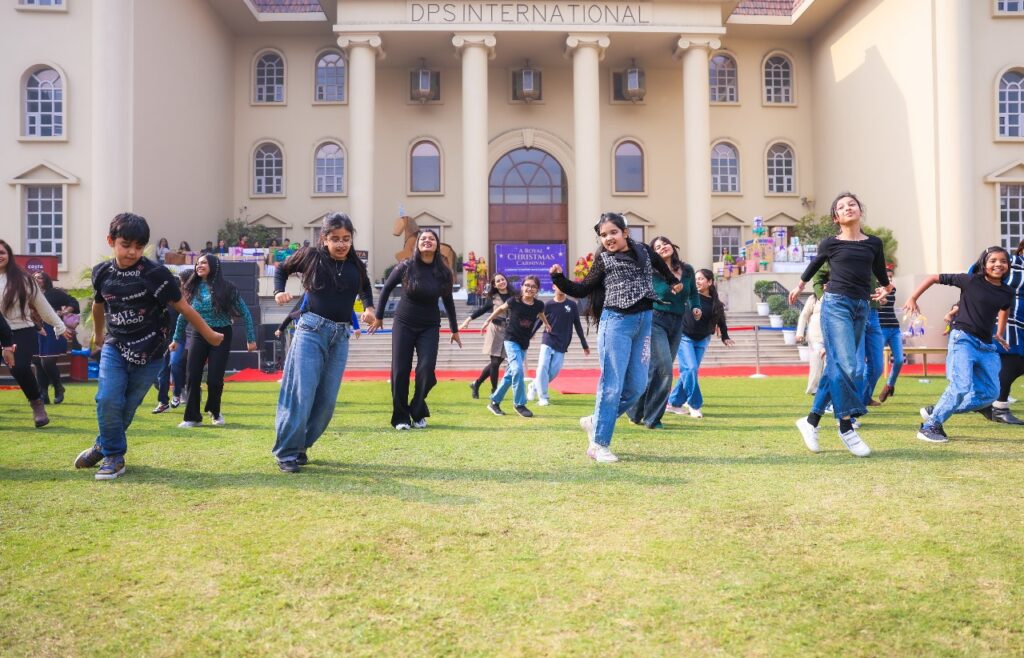
The day-long celebration brought together students, parents, alumni and the wider Gurgaon community for a joyful mix of amusement rides, food stalls serving global cuisines, games, student performances, artisanal crafts and interactive activities. Every element of the carnival was designed and managed by the school’s students and staff, reflecting the institution’s strong emphasis on service-as-action and community engagement.
Proceeds from the carnival will directly benefit Aliya Charitable Trust’s ongoing initiatives that include free eye-checkup camps, distribution of spectacles, prosthetic limbs for children, financial assistance for life-saving paediatric surgeries, vaccination drives and hygiene-awareness workshops in slums and villages.
Ms. Rima Singh, Head of School, DPS International, Gurgaon, noted, “At DPS International, we see education as a journey that shapes both the mind and the heart, helping students grow into compassionate global citizen.
Our Carnival truly reflects the spirit of the IB where students step forward to spread joy while responding to real needs around them. We are proud to walk alongside Aliya Charitable Trust in its commitment to ensuring that no child misses out on healthcare or education due to financial limitations,” she added.
With a vibrant multicultural community, the school encourages curiosity, global thinking, and all-round growth through academics, the arts, sports, and real-world experiences. This was beautifully reflected during the carnival parade, where students and parents walked the ramp together, celebrating sustainability through creative attire—turning a joyful moment into a meaningful step towards caring for a cleaner, greener world
The collaboration with Aliya Charitable Trust reinforces the school’s core belief that inclusive education and empathetic action are inseparable.
A member of the illustrious DPS Society and led by Pro Vice Chairperson Ms. Devyani Jaipuria, DPS International follows the full International Baccalaureate continuum – Primary Years Programme (PYP), Middle Years Programme (MYP) and Diploma Programme (DP).
The school welcomes parents and students for campus tours on select days during the week.
AboutSchool
DPS International is a member school of the DPS Society, which has to its credit over 200+. Delhi Public Schools in India and abroad. At the helm of affairs is the Pro Vice Chairperson, Ms Devyani Jaipuria. The student profile comprises a rich, diverse learning community from different nationalities.It is an International Baccalaureate (IB) continuum school offering the PYP (Primary Years Programme), MYP (Middle Years Programme) and the DP (Diploma Programme). These IB educational programmes aim to develop students’ academic, social and emotional well-being by focusing on international-mindedness and strong personal values.With a vision to develop lifelong learning skills in a time of exponential change.
Art
Cultural Festival & Face of Runway 2025 – A Grand Celebration of Talent and Tradition
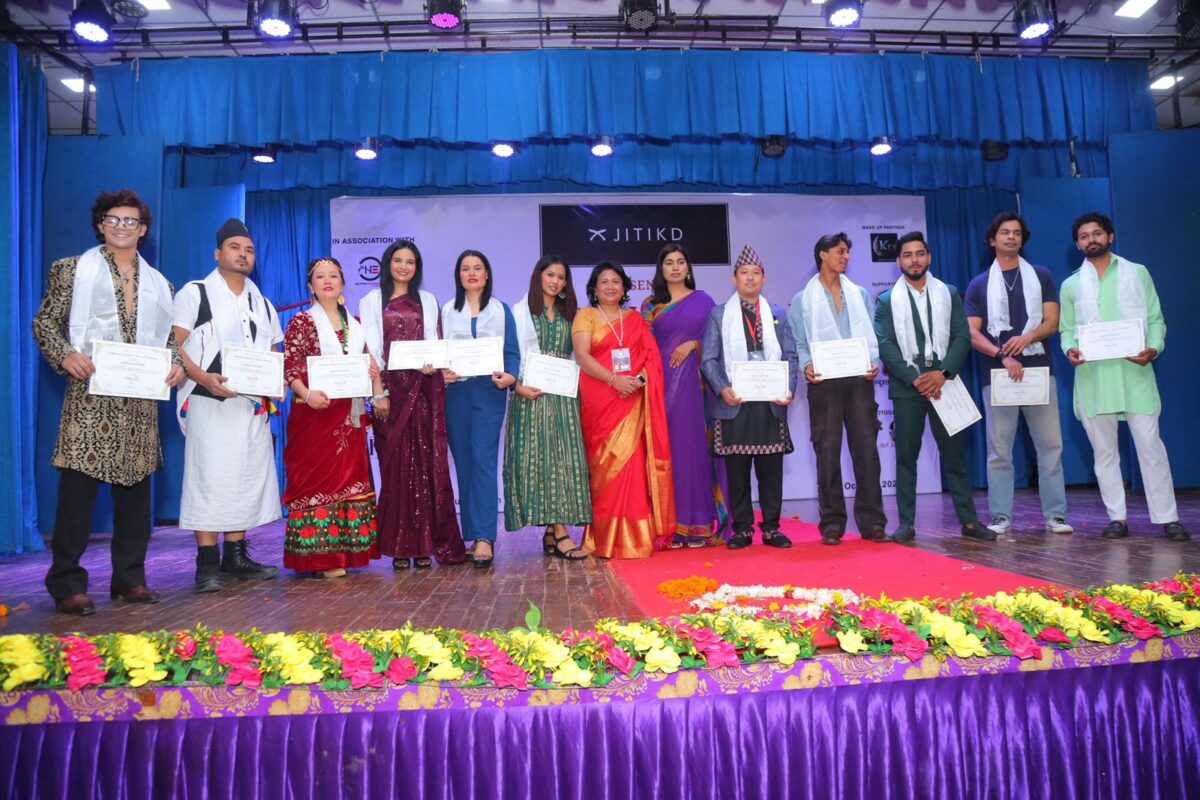
The Cultural Festival & Face of Runway (CFFR) was successfully held on 18th October 2025 at the Lajpat Bhawan Auditorium, marking yet another vibrant celebration of art, culture, and fashion.
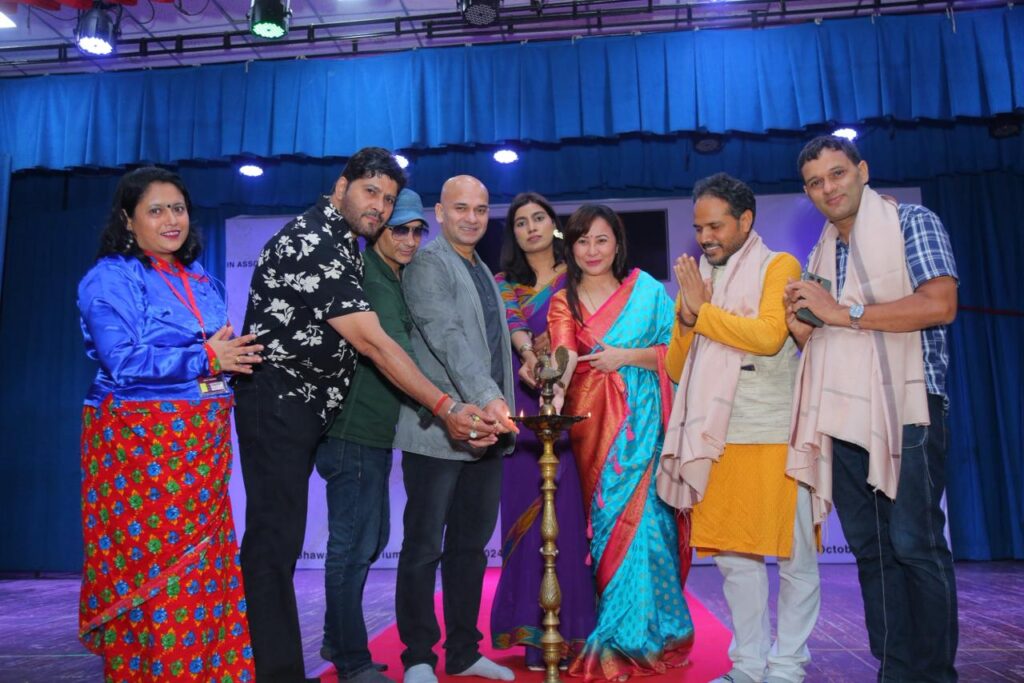
The event was graced by distinguished personalities, including Chief Guest Munish Tamang, VIP Guests Amit R. Agarwal, Junaid Husain Khan, and Mohan Karki, Celebrity Guest Dr. Sunil Parashar, and Special Guest Rajni Subba.

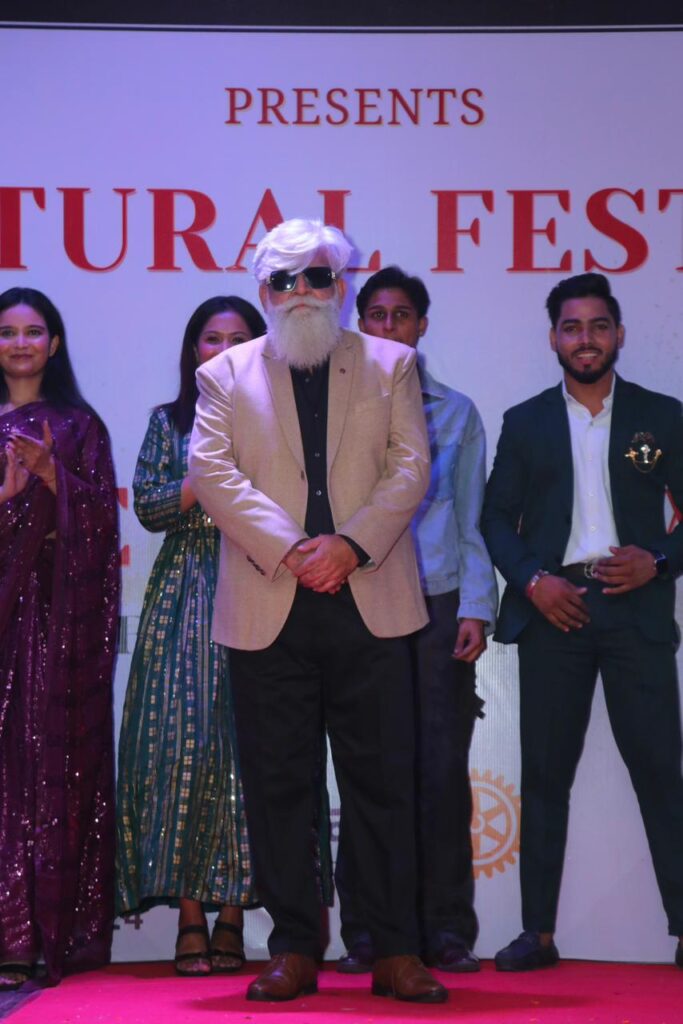
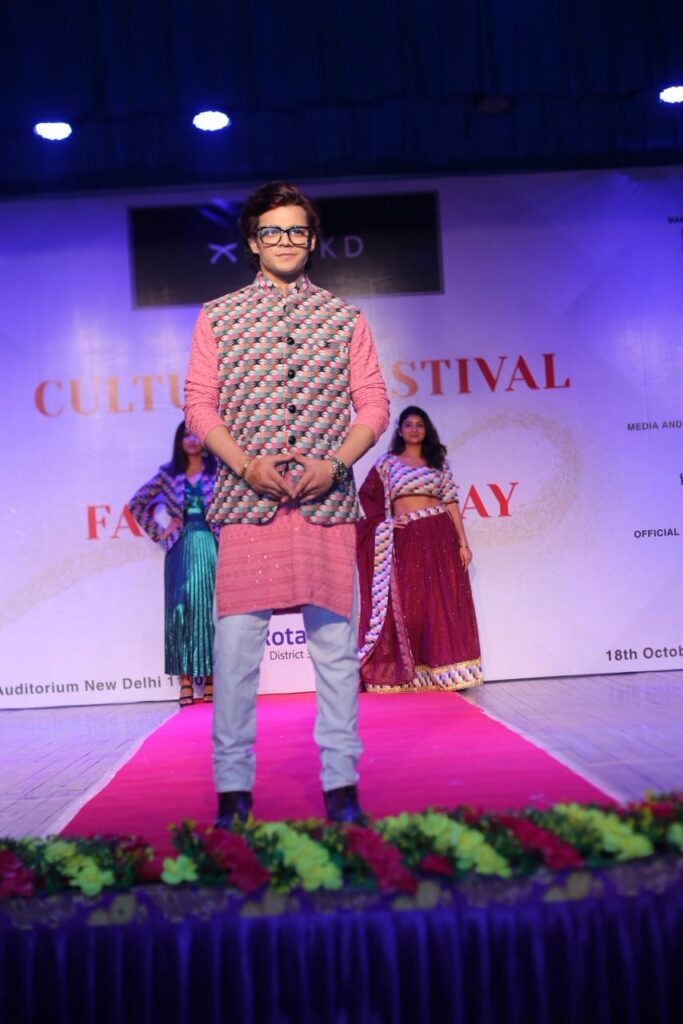
Organized by Jitika Devi, the festival beautifully combined cultural performances with a glamorous runway show, showcasing diverse talent from across the region.
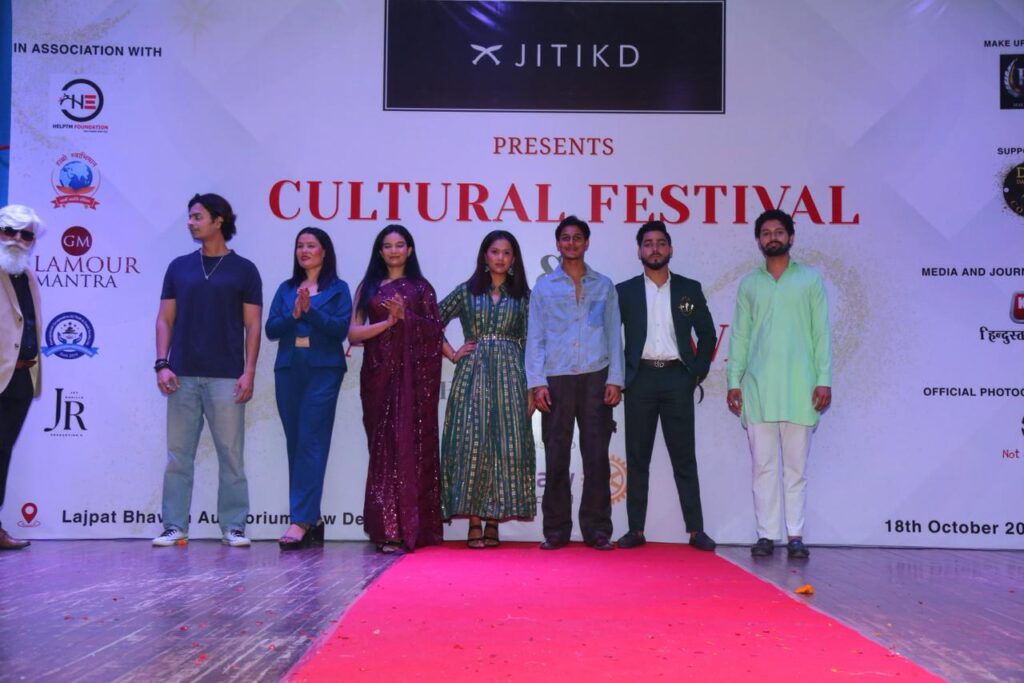
Speaking about the event, Jitika Devi shared,
“I wanted to give a perfect Deepavali gift to various talents — so that, like traditional Deepavali lamps, they glitter and illuminate the world of arts and culture. To this effect, I launched this Cultural Festival and Face of Runway, which is now celebrating its 2nd edition.”
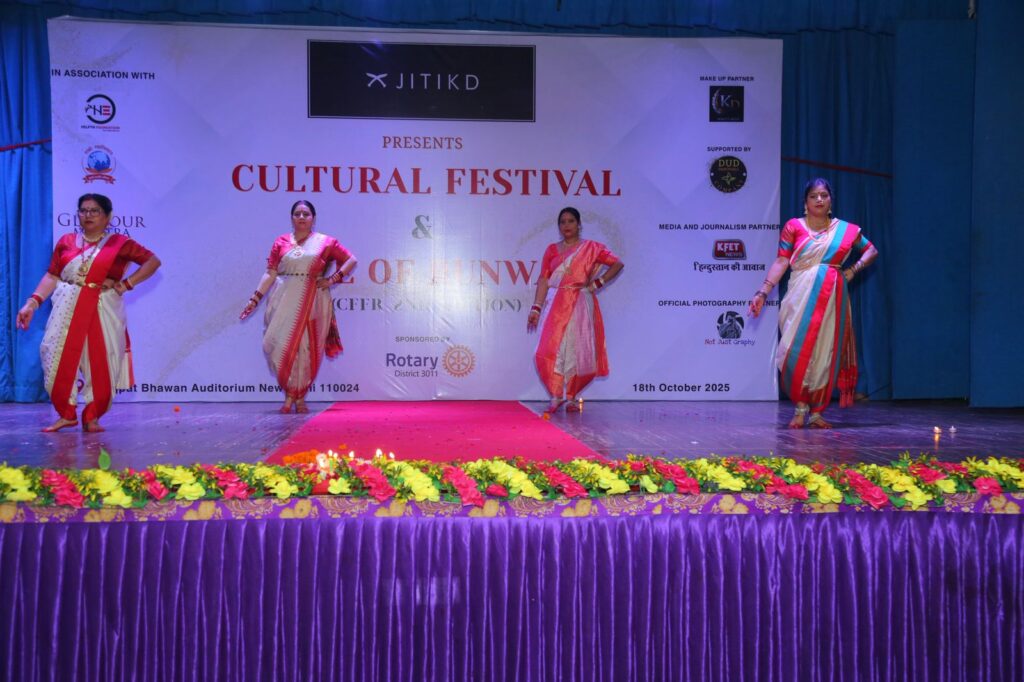
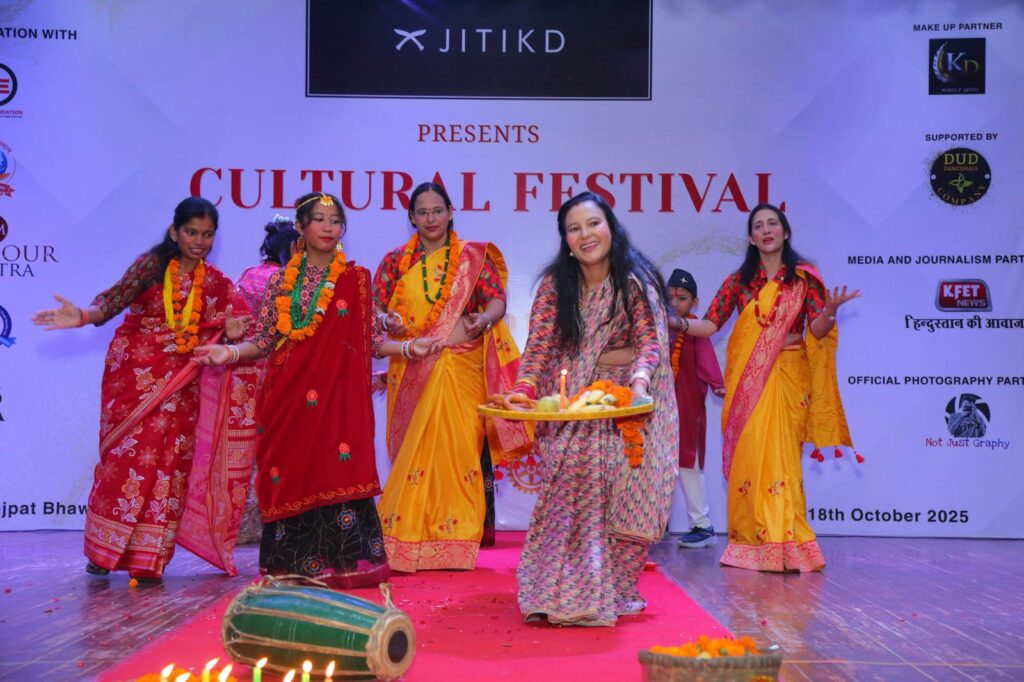
Jitika, who launched her clothing brand Jitikd in 2022, announced that from 2025 onwards, she plans to organize CFFR every year. This year’s edition, themed around Dashain Tihar, holds special significance as it promotes rich cultural heritage while offering a perfect platform for aspiring young artists and models to shine.
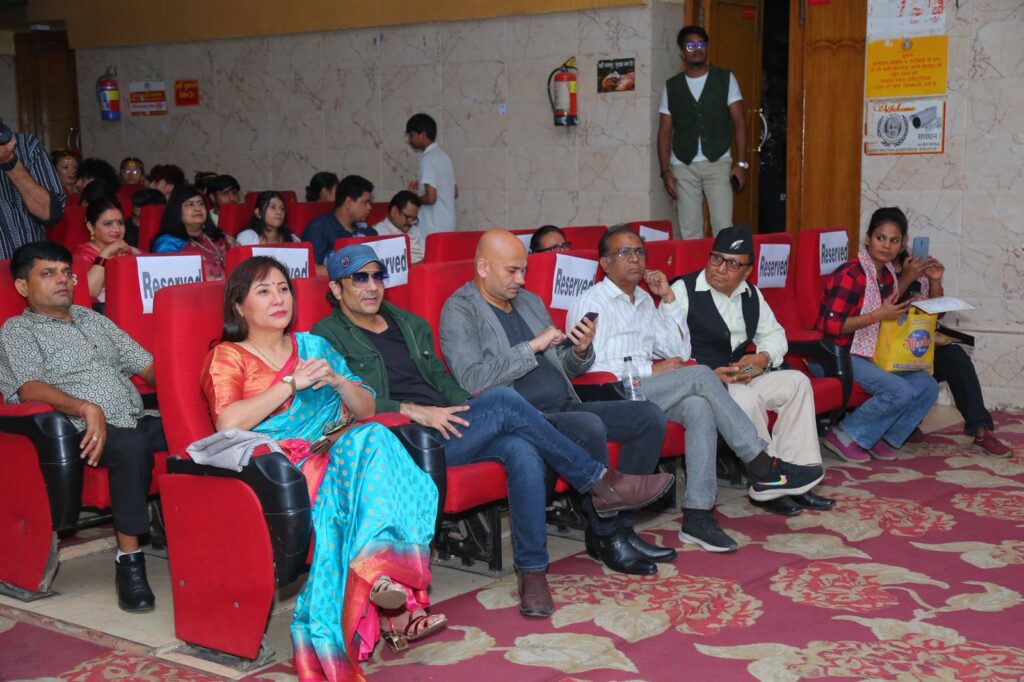
Adding to the glamour of the evening, Glamour Mantra partnered as the official media partner, capturing the essence of the event and amplifying its reach to a wider audience.
The Cultural Festival & Face of Runway 2025 truly lived up to its promise — blending culture, creativity, and celebration under one roof.

 Celebrities2 years ago
Celebrities2 years agoVOGUE EYEWEAR UNVEILS ‘KEEP PLAYING’, AN EFFERVESCENT CAMPAIGN WITH BRAND AMBASSADOR

 Events7 years ago
Events7 years agoVandy Mehra & Dr. Sanjana Jon hosted a fashionable evening

 Health & Beauty2 years ago
Health & Beauty2 years agoThe Face Shop Unveils the Vitamin Lip Sleeping Mask: A Revolution in Lip Care

 Lifestyle12 months ago
Lifestyle12 months agoAza Fashions Launches Flagship Store in Dhan Mill, New Delhi

 Business9 years ago
Business9 years agoUber and Lyft are finally available in all of New York State

 Celebrities2 years ago
Celebrities2 years agoAppu gives meaningful message in country’s first 4K animated

 Health & Beauty2 years ago
Health & Beauty2 years agoBaby Forest Ayurveda opens new brick and mortar store in Noida

 Health & Beauty2 years ago
Health & Beauty2 years agoSmooth skin forever? Laser Hair Removal truth
































